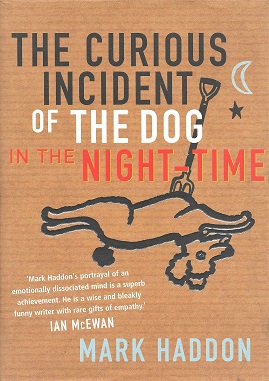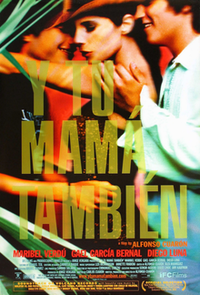Lists




4 Books
Horror Books
Sort by:
Recent Desc
More lists by Shadow Walker



Shows
List includes: Girls, TVF Pitchers, Inside Edge
September 2021
0
@Providence



Open World
List includes: Grand Theft Auto V, Sunset Overdrive, Horizon Zero Dawn
July 2021
0
@Providence
Authors
List includes: Homer, Mark Twain, Edgar Allan Poe
June 2021
0
@Providence



Books
List includes: The Curious Incident of the Dog in the Night-Time, The Stranger, Brave New World
June 2021
0
@Providence



Erotic
List includes: Cruel Intentions, Eyes Wide Shut, Y tu mamá también
June 2021
0
@Providence



Cosmic horror
List includes: The Thing, 2001: A Space Odyssey, Annihilation
May 2021
0
@Providence


Psychological horror
List includes: The Shining, Psycho
May 2021
0
@Providence



Surreal
List includes: Lost Highway, Brazil, Synecdoche, New York
May 2021
0
@Providence

Non-Fiction Books
List includes: Emotional Vampires: Dealing with People Who Drain You Dry
August 2020
0
@Providence


